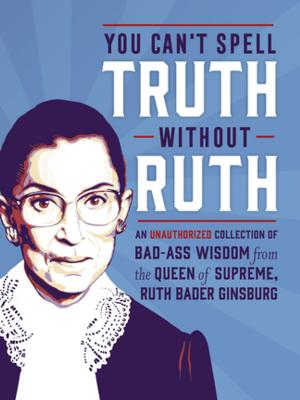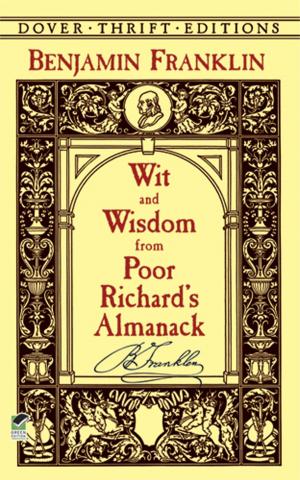| Author: | Patrick Edwards | ISBN: | 9780982934715 |
| Publisher: | Patrick Edwards | Publication: | August 31, 2011 |
| Imprint: | Smashwords Edition | Language: | English |
| Author: | Patrick Edwards |
| ISBN: | 9780982934715 |
| Publisher: | Patrick Edwards |
| Publication: | August 31, 2011 |
| Imprint: | Smashwords Edition |
| Language: | English |
Have you ever wondered about expressions such as “The cat’s out of the bag,” “Fast-buck artist,” and “On the Q.T.?” Patrick Edwards explores these sayings and their fascinating origins, original meanings and present day usage having to do with Wall Street crime and Ponzi schemes.
For instance, “Cooking the books” originated in England when the Earl of Strafford said: “The proof was once clear; however, they have cooked it ever since.” The year was 1636, and the Earl was referring to altering ingredients in a recipe—not the “creative accounting” all too common in today’s business world.
The expressions in this book deal with “white-collar crime,” first defined in 1939 by Professor Edwin Sutherland, who said, “There is a vast difference between white collar-crime and blue-collar crime, and high social status has a lot to do with the distinction. White-collar crime is often committed by a person of respectability in the course of his or her occupation.”
Edwards uses familiar phrases, idioms and proverbs to take the reader through high profile events of the 2000s, such as the demise of Enron, Adelphia, WorldCom, and more recently AIG and Ponzi schemes. He also includes thought-provoking and humorous quotes, such as this one from comedian Jay Leno: “It looks like more than 13,000 people were caught up in that Madoff Ponzi scheme. You know what a Ponzi scheme is? That’s when you throw good money after bad; or as the government calls it, a stimulus package.”
Come along on a fascinating historical tour of some of today’s most familiar financial expressions.
Have you ever wondered about expressions such as “The cat’s out of the bag,” “Fast-buck artist,” and “On the Q.T.?” Patrick Edwards explores these sayings and their fascinating origins, original meanings and present day usage having to do with Wall Street crime and Ponzi schemes.
For instance, “Cooking the books” originated in England when the Earl of Strafford said: “The proof was once clear; however, they have cooked it ever since.” The year was 1636, and the Earl was referring to altering ingredients in a recipe—not the “creative accounting” all too common in today’s business world.
The expressions in this book deal with “white-collar crime,” first defined in 1939 by Professor Edwin Sutherland, who said, “There is a vast difference between white collar-crime and blue-collar crime, and high social status has a lot to do with the distinction. White-collar crime is often committed by a person of respectability in the course of his or her occupation.”
Edwards uses familiar phrases, idioms and proverbs to take the reader through high profile events of the 2000s, such as the demise of Enron, Adelphia, WorldCom, and more recently AIG and Ponzi schemes. He also includes thought-provoking and humorous quotes, such as this one from comedian Jay Leno: “It looks like more than 13,000 people were caught up in that Madoff Ponzi scheme. You know what a Ponzi scheme is? That’s when you throw good money after bad; or as the government calls it, a stimulus package.”
Come along on a fascinating historical tour of some of today’s most familiar financial expressions.















